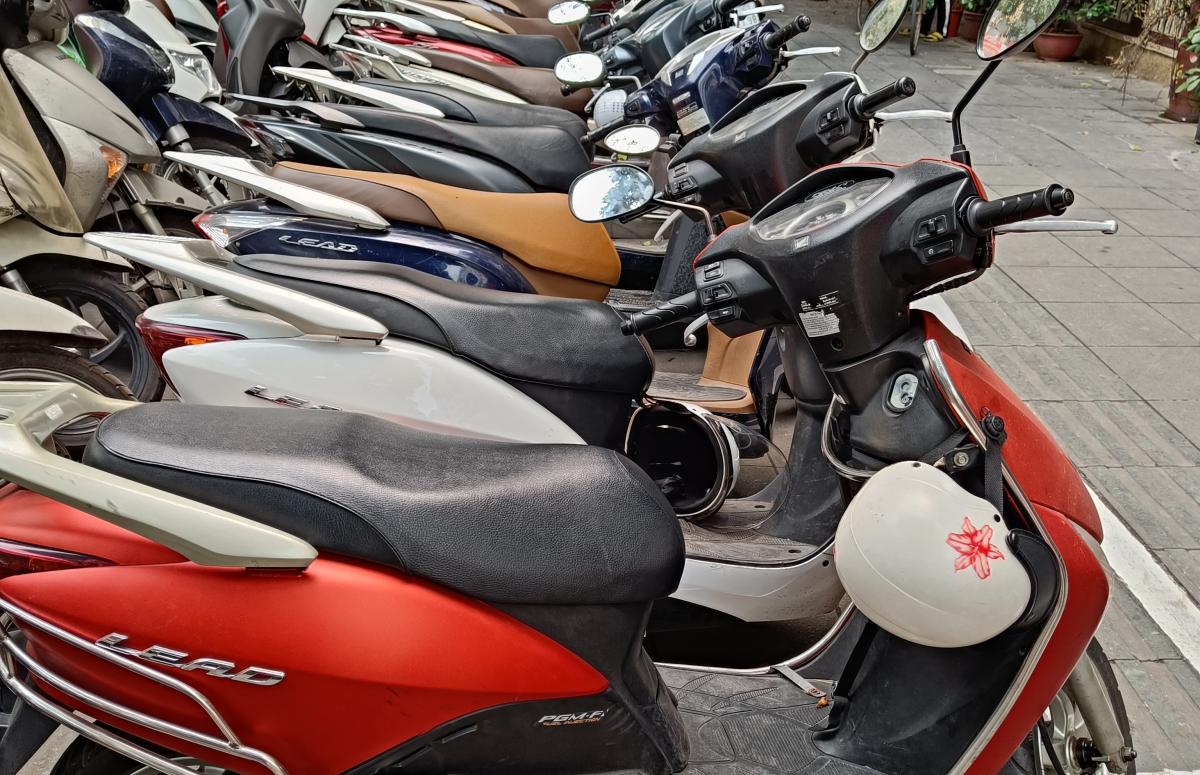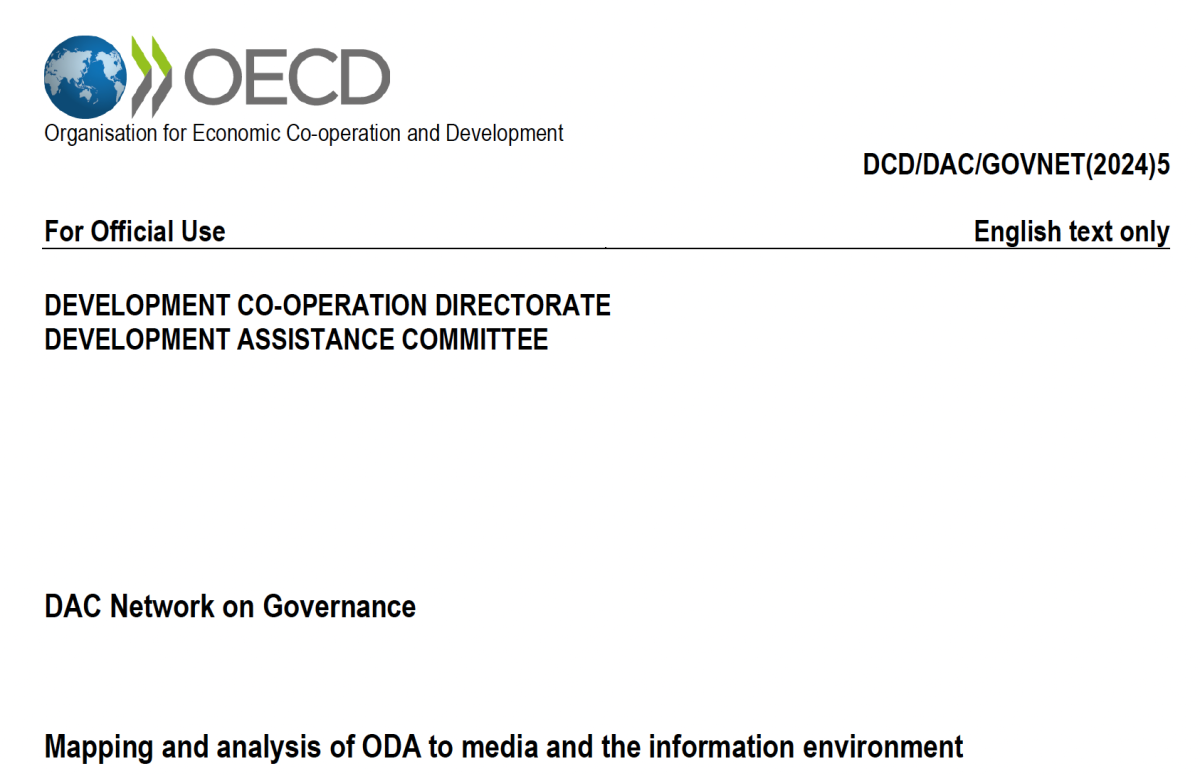
UK Approach to Democracy and Human Rights Review
Laure-Hélène Piron, The Policy Practice Director, is leading a review of the UK aid's approach to democracy and human rights since 2015 on behald of the UK Independent Commission for Aid Impact (ICAI).
Promoting and protecting democracy and human rights overseas is a long-standing UK government commitment, reiterated in the 2022 UK government’s strategy for international development and the 2021 Integrated review of security, defence, development and foreign policy. In 2015, for the first time, democracy and human rights became globally agreed development objectives, not only through SDG 16, but also as part of commitments to gender equality, combatting inequalities and leaving no one behind. In addition to the SDGs, the UK government is also the initiator and/or an active member of a range of global coalitions, from the Community of Democracies to the Open Government Partnership.
The UK’s democracy and human rights portfolio includes both in-country and centrally managed programmes. The purpose of the review is to explore how effectively the UK aid programme has responded to the emergence of new threats to democracy and human rights on the global stage.
The review will cover UK aid policy, influencing and programmes on these issues between 2015 and 2021. The review will focus on policies and programmes aimed at promoting and protecting democracy and human rights from threats, including to civil and political rights. It will also explore how aid policies and programmes have taken into account the core principles of equality and non-discrimination, transparency, accountability and participation. Through country case studies, it will examine how UK aid has considered economic, social and cultural rights, and the rights of individuals belonging to ‘at-risk groups’ – that is, specific social groups which have been excluded or persecuted (such as LGBTQI+, religious or ethno-linguistic minorities).
The review questions are:
- Does the UK have a credible approach to using aid to counter threats to democracy and human rights in developing countries?
- How coherent is the UK’s approach to countering threats to democracy and human rights?
- How well has the UK contributed to countering threats to democracy and human rights?
The approach paper can be found here.
The review will be published by the end of 2022.
Political economy analysis for climate action - new course launched starting October 2024
The Policy Practice is delighted to be re-running the popular online course on Political Economy Analysis for Climate Action. This course explains how political economy analysis can be used to understand the challenge of action on climate change and to design more effective interventions. The course will consist of eight, 2-hour online sessions from 4 October to 12 November 2024. For more information and to register please click below or see our flyer here.
The political economy of energy transitions in Ghana, Zambia and Vietnam - Policy Brief 17
Written by Sam Bickersteth with Neil McCulloch and Meron Tesfamichael, this policy brief draws out some of the common constraints hindering the energy transition in Ghana, Zambia, and Vietnam and many other countries in the Global South. It also shows how political economy analysis can help to identify politically feasible pathways of change in each country demonstrating the importance of such analysis as an essential tool to understand energy transition.
Media support: aid funding does not match donor rhetoric
Laure-Hélène Piron (TPP Director) presented her analysis of official development assistance to media and the information environment to the Governance Network of the OECD Development Assistance Committee on 6 March 2024.
The draft report shows that the rhetoric of governments which support freedom of expression and condemn disinformation is not matched by sufficient funding. And too little directly goes to local media organisations.



